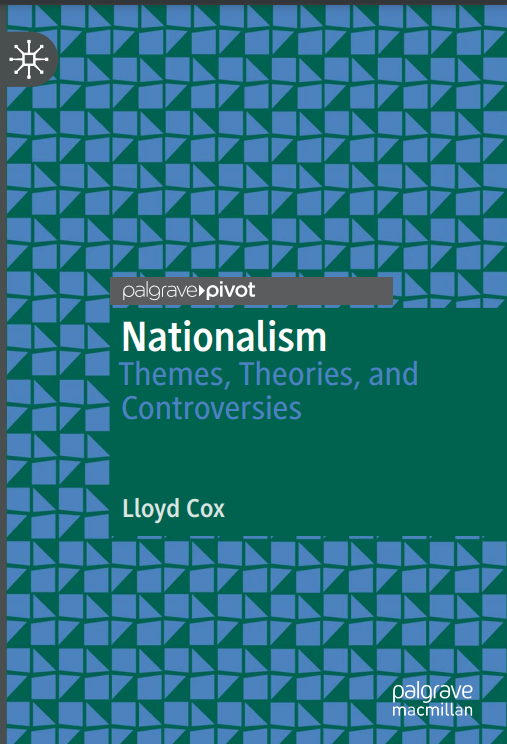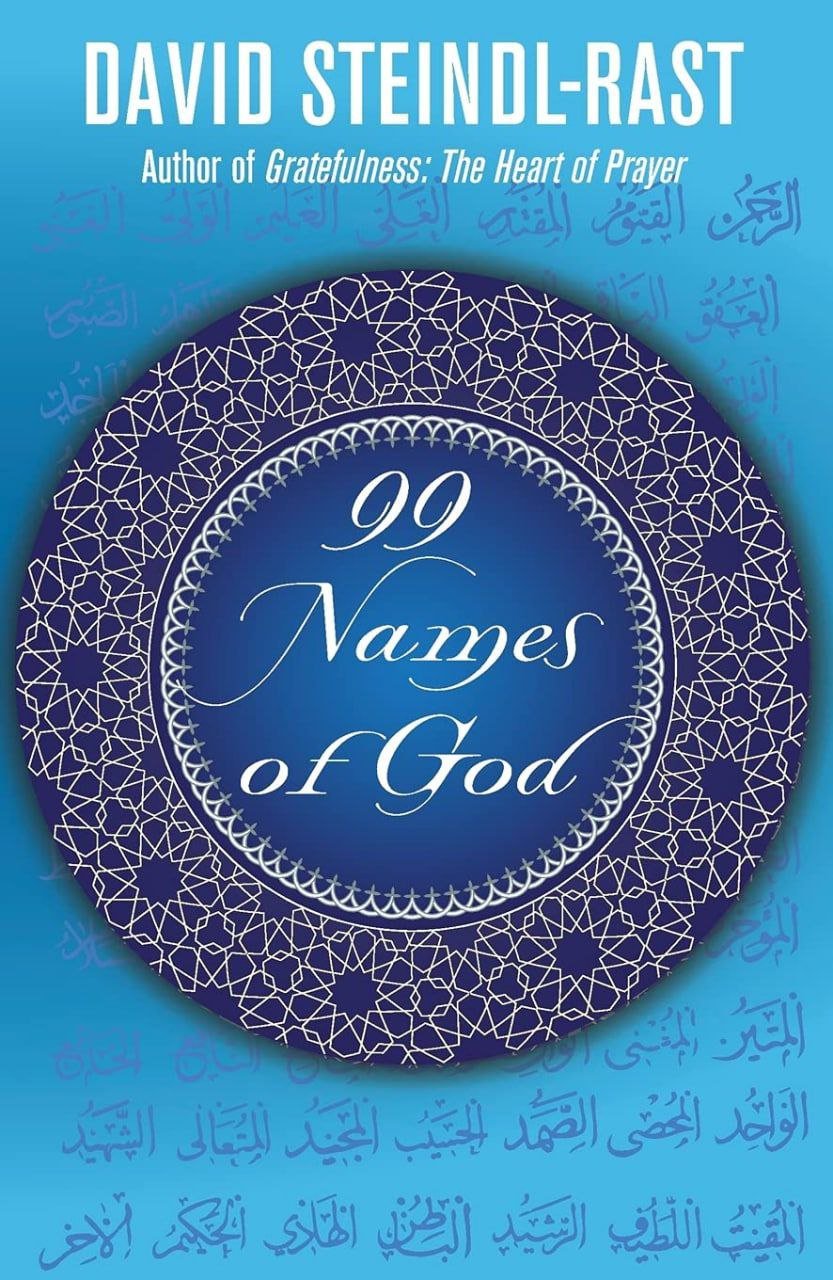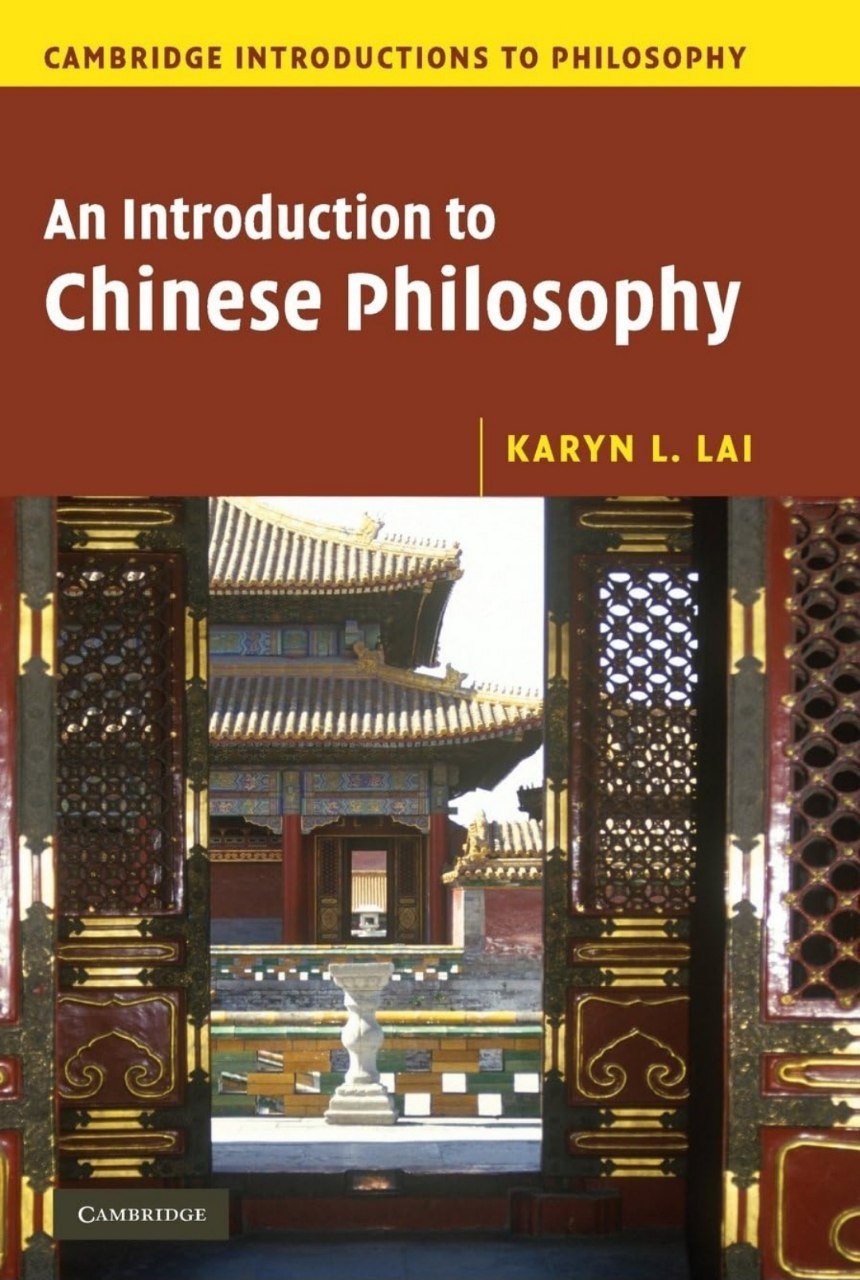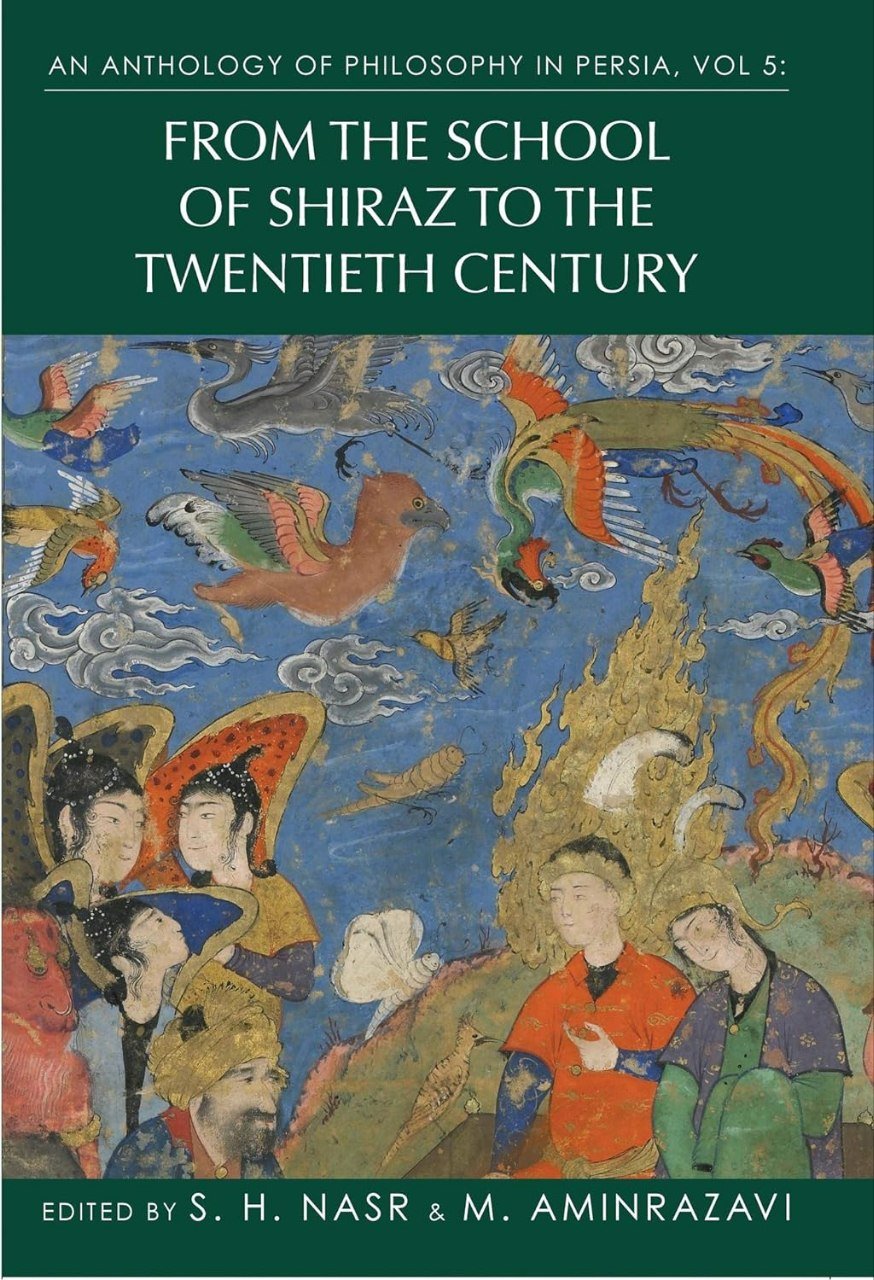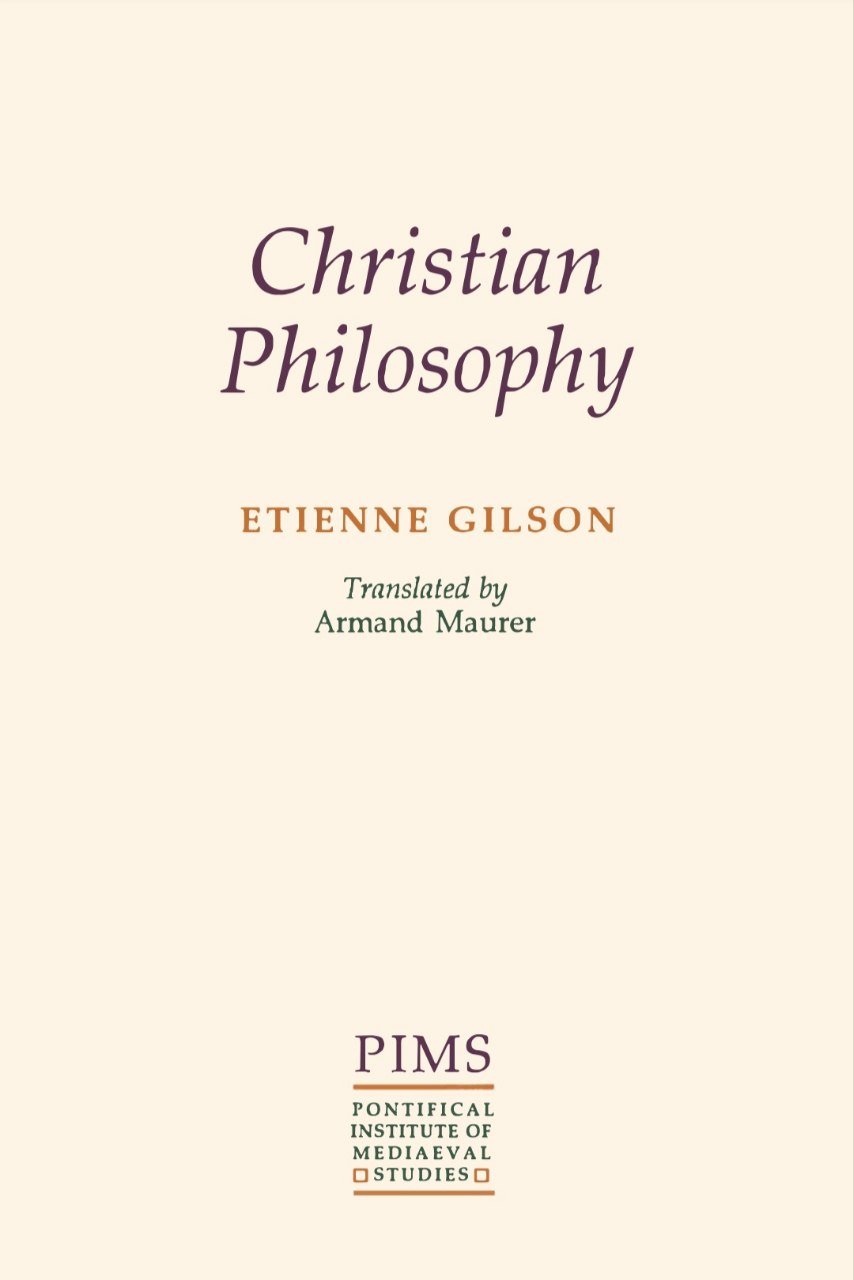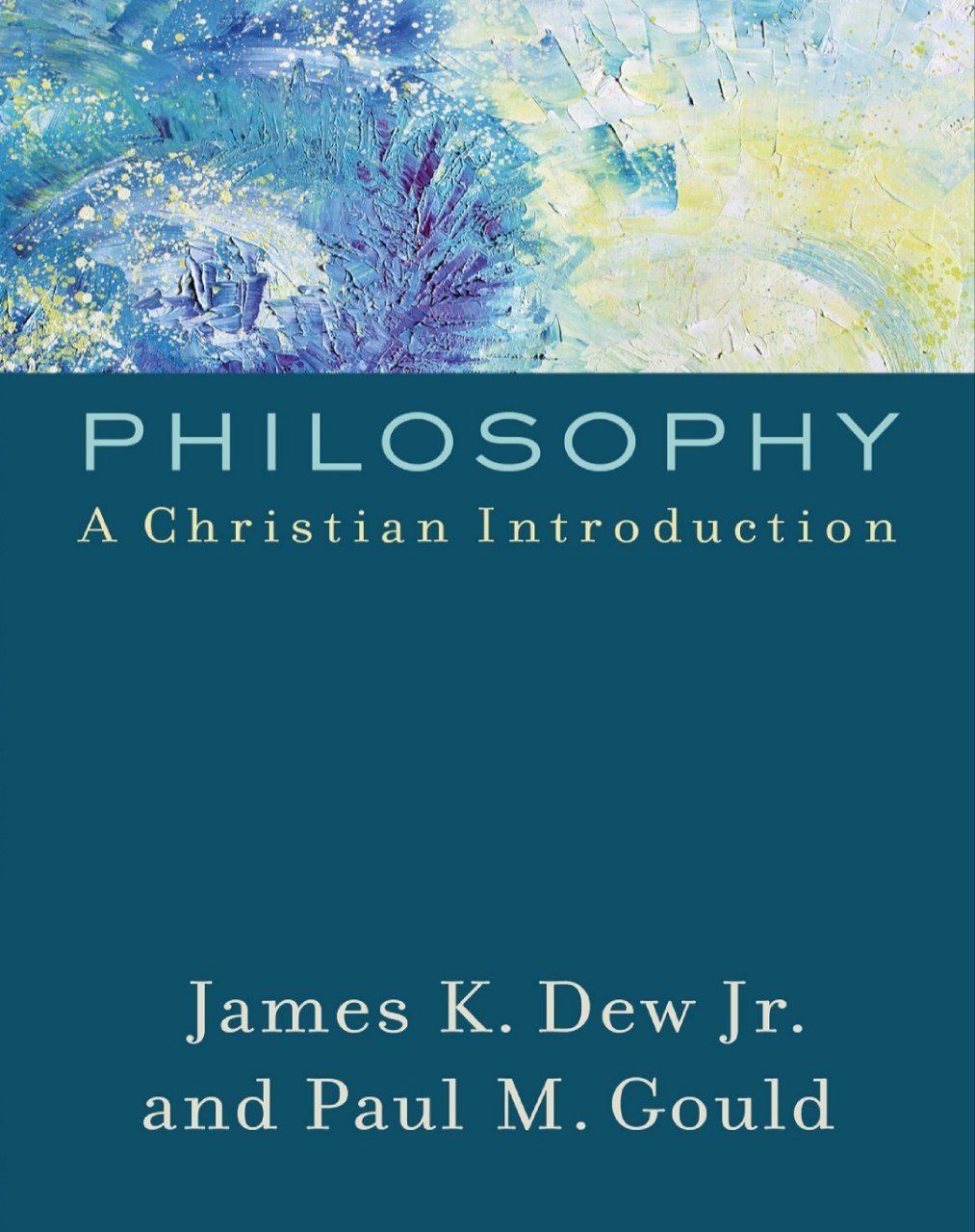
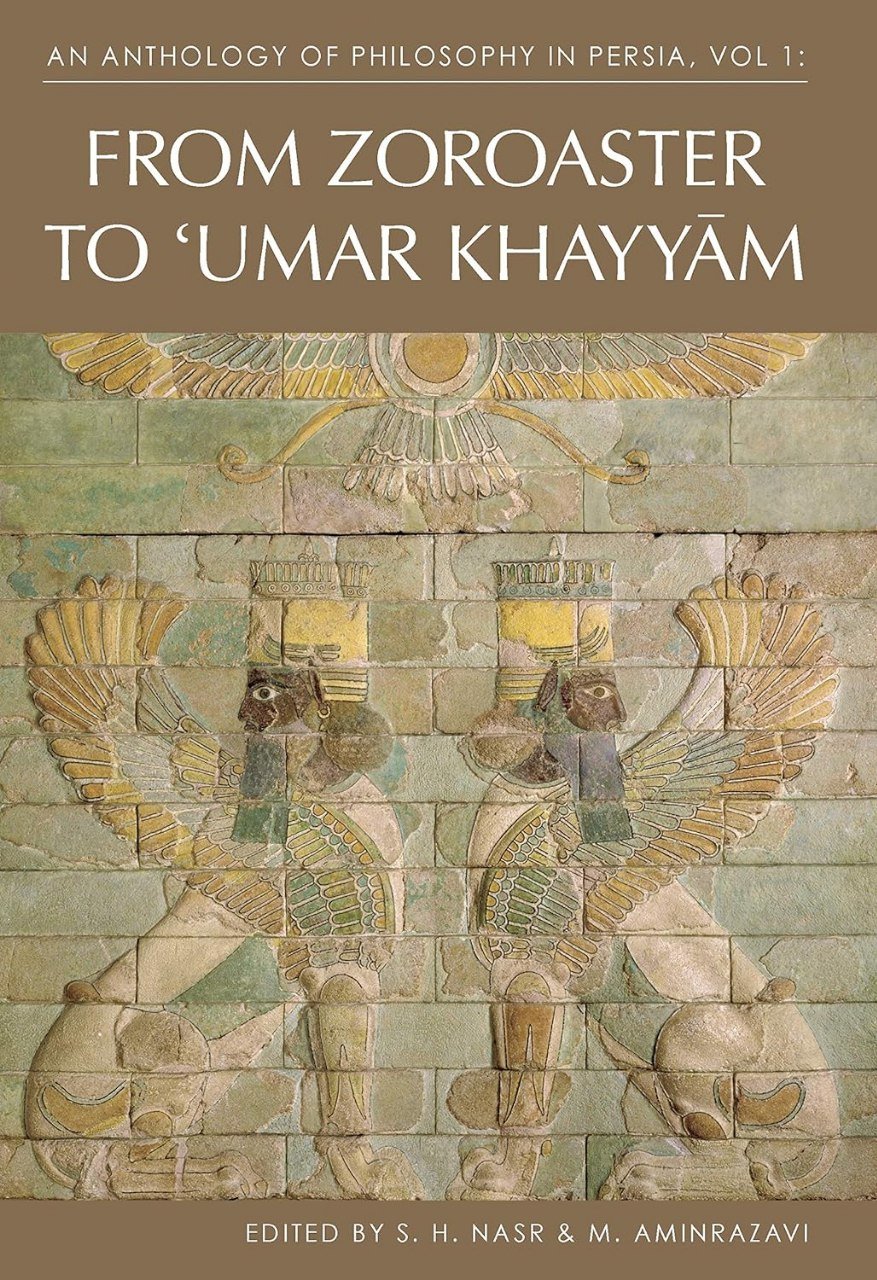
An Anthology of Philosophy in Persia, Volume 1
Reviews
No review yet. Be the first to review this book!
Description
An Anthology of Philosophy in Persia, Volume 1: From Zoroaster to Khayyām, edited by Seyyed Hossein Nasr, offers a comprehensive exploration of Persian philosophical thought from its earliest origins to the medieval period. This volume presents a carefully curated selection of texts from Zoroastrian, Manichaean, and early Islamic traditions, highlighting the evolution of philosophical discourse in Persia. The anthology begins with Zoroastrian philosophy, drawing from the Gathas of Zarathustra (Zoroaster) and later Zoroastrian theological works, which emphasize dualism, ethics, and cosmology. It examines the influence of Mazdaism and how Zoroastrian thought laid the foundation for later Persian intellectual traditions. The book then moves into the Manichaean philosophical framework, addressing Mani’s synthesis of Zoroastrian, Gnostic, and Buddhist elements into a unique cosmology that influenced Persian and Islamic mysticism. With the advent of Islamic philosophy, Persian thinkers played a crucial role in developing metaphysical, epistemological, and ethical concepts. This volume showcases the works of early Persian philosophers, including: Al-Farabi, who integrated Aristotelian and Platonic thought into Islamic philosophy, laying the groundwork for later intellectual developments. Avicenna (Ibn Sina), whose contributions to metaphysics, psychology, and medicine made him one of the most influential philosophers of the Islamic world. Omar Khayyām, known not only for his poetry but also for his philosophical reflections on existence, fate, and skepticism. Additionally, the volume explores Persian Neoplatonism, mystical philosophy, and Sufi thought, emphasizing the fusion of reason and spirituality in Persian intellectual traditions. Through primary texts and expert commentary, this anthology provides a profound insight into the philosophical diversity of Persia, illustrating how Persian thinkers engaged with Greek philosophy, Islamic theology, and indigenous traditions to create a rich and enduring intellectual heritage. It serves as an essential resource for scholars and students of philosophy, Islamic studies, and Persian



























.jpg)










.jpg)







.jpeg)




.jpg)
.jpeg)

.jpg)

.jpg)

.jpg)





.jpeg)
.jpeg)





.jpg)












.jpg)

.png)


.jpeg)



